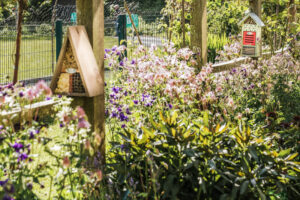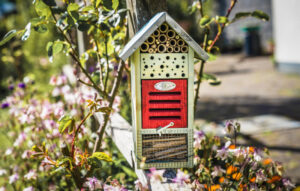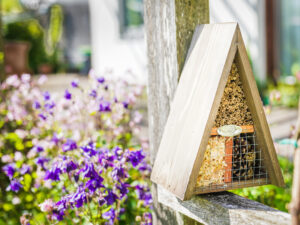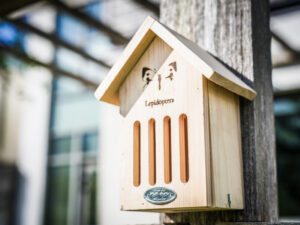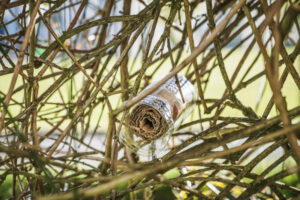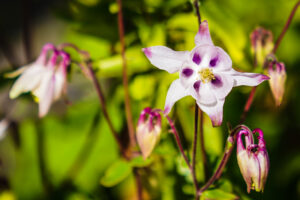Environment
Care of our Common Home
Swifts - at St Ignatius
Swifts fly 11,000 km from Africa to Galway and stay here for three months, between May and August.
Swifts only land to nest, otherwise they eat, drink, sleep and mate while flying.
The number of Swifts in Ireland has declined by 40% in the last 15 years.
Their scientific name is Apus Apus, which means ‘no foot no foot’ but they do have tiny feet, which they only use at their nest site.
‘Because all creatures are connected, each must be cherished with love and respect, for all of us as living creatures are dependent on one another. (Laudato Si Paragraph 42)
Our 'Galway' Swifts
Swift Nesting Boxes at St Ignatius
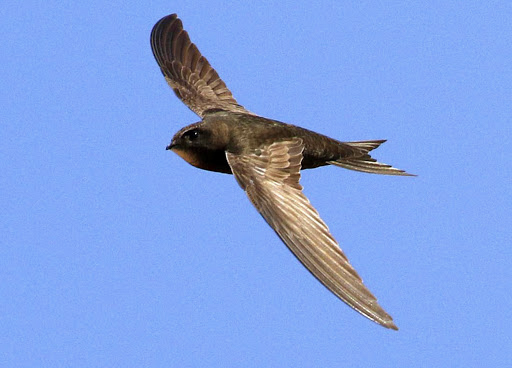
Swifts arrive in Galway in late May, after an 11,000 km trip from Africa. They are regularly seen above St Ignatius Church, in June, July and August. They fly about 800 km a day, and their wing beats 8 times a second, when they are not gliding. They emit a high pitch screech. Their numbers are decreasing in Ireland, possibly because of a shortage of suitable nesting sites, and a reduction in the numbers of insects for them to eat.
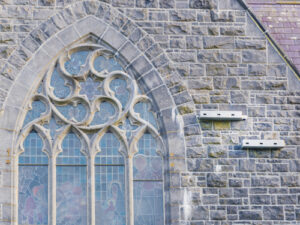
Swifts used to nest under the roof at St Ignatius Church, and when new gutters were installed they could no longer access these nests. Son In conjunction with GMIT Galway, St Ignatius has installed 6 nesting boxes for Swifts at the rear wall of the church, and we also play an audio tape of Swift calls, to attract them to these boxes. These have been in place since 2019, and have not been used yet, but hopefully sometime soon they will be chosen.
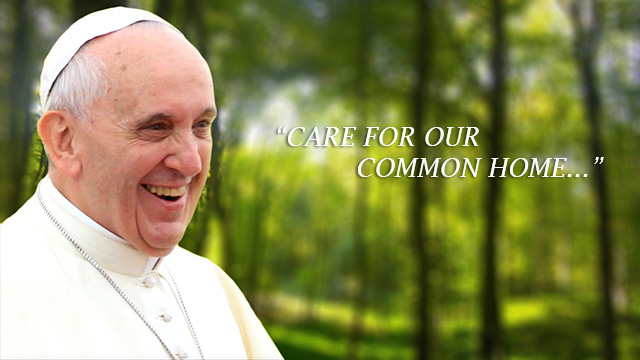
Laudato Si quotes
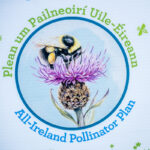
+ What kind of world do we want to leave to those who come after us, to children who are now growing up? This question not only concerns the environment in isolation; the issue cannot be approached piecemeal.’ (Par 160)
+ Saint Therese of Lisieux invites us to practice the little way of love, not to miss our on a kind word, a smile or any small gesture which sows peace and friendship. An integral ecology is also mad of of simple daily gestures which break with the logic of ciolence, exploitation and selfishness.’ (20)
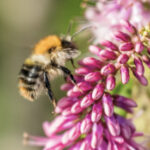
+’Politics must not be subject to the economy…Today in view of the common good, there is urgent need for politics and economics to enter into a frank dialogue in the service of life, especially human life.’ (Paragraph 189)
+We have to realize that a true ecological approach always becomes a social approach; it must integrate questions of justice in debates on the environment, so as to hear both the cry of the earth and the cry of the poor.(50)
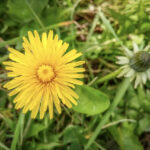
+ ‘The warming caused by huge consumption on the part of some rich countries has repercussions on the poorest areas of the world, especially Africa, where a rise in temperature, together with drought, has proved devastating for farming.(51); we al
+ ‘ The entire materkal universe speaks of God’s love, his boundless affection for us. Soil, water, mountains; everything is, as it were a caress of Go. The history of our friendship with God is alway linked to particular places which take on an intensely personal meaning…(84)
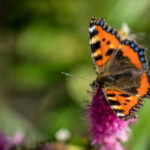
“If we approach nature and the environment without this openness to awe and wonder, if we no longer speak the language of fraternity and beauty in our relationship with the world, our attitude will be that of masters, consumers, ruthless exploiters, unable to set limits on their immediate needs. By contrast, if we feel intimately united with all that exists, then sobriety and care will well up spontaneously.”
Click on any of these photos to enlarge it, and continue to press the > symbol to move to the next one. When finished press X on the top right hand corner.
